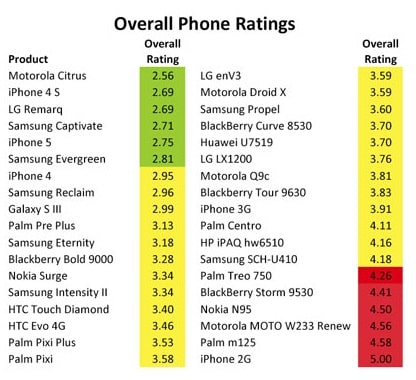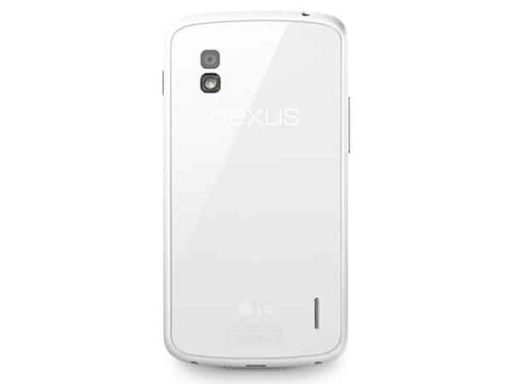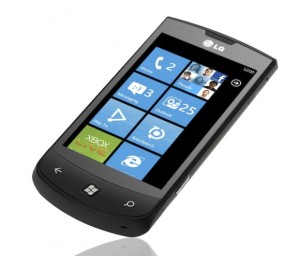A cell phone is one of the most used electronic devices in our life. We are constantly making phone calls, texting, or either browsing the internet. Scientists are still yet to discover whether they can contribute to cancer, but iFixit has moved them one-step closer to that goal. They released some data that analyzes each phone’s aluminium, plastic, and glass parts for harmful chemicals. To make the viewing process easy on the readers; they released a chart containing the best, and worst cell phone chemical ratings.
On the chart shown above, a number closer to zero indicates the cell-phone contains less toxics, while a number closer to five means there are many toxics. Apple has two handsets in the safe zone, iPhone 4S and iPhone 5. Its current competitor, the Galaxy S III, contains more chemicals, but is still labeled safe to use.
I wouldn’t be overly concerned at this point because all phones in the “high concern” area were all released prior to 2010. These days manufacturers are paying more attention to the materials and the science behind the chemicals.
“Toxic chemicals do not disappear when we finish with our electronics. We cannot simply throw them away—whether electronics are shredded, landfilled, or exported, the toxics must come out somehow. Better is not perfect,” writes Kyle Wiens of iFixit.
All 36 phones presented above underwent X-ray fluorescence spectrometry to find the exact chemical composition used within materials. Just because the exterior of the phone looks safe doesn’t mean the inside is entirely safe.
Source: PCMag
[ttjad keyword=”social-media-samrtphones”]




haha that’s hilarious, making the arbitrary cutoff for the greenzone at 2.81…
Some Crapple fanboi making sure the Galaxy S3 stayed out of the green zone?
Haha, pretty much. If it were some Apple fanboy than they would have extended it and added the iPhone 4 too.